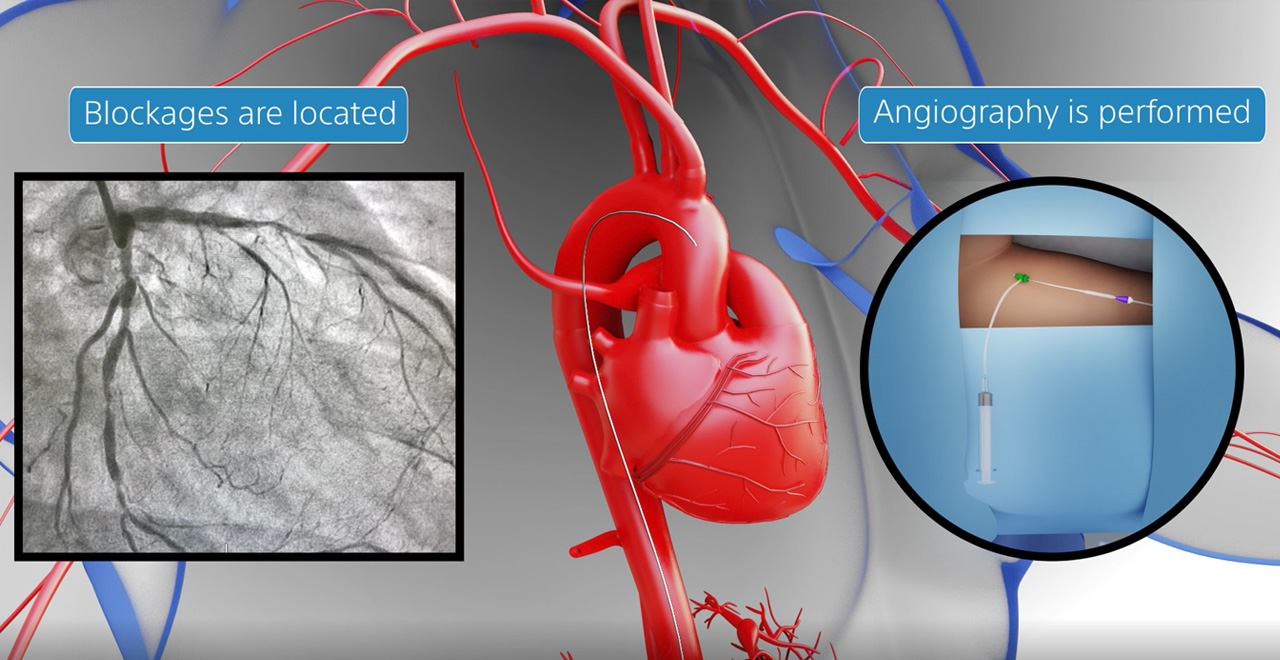
Platinum For Heart
The precious care your heart deserves
Know more about heart health and leading a healthier life
Empower Your Heart: Your Guide To A Healthier Life
Symptoms of Heart Attack
No Doubt, a heart attack is a severe health ailment that requires immediate attention. Knowing the symptoms of a heart attack and what to do when they can help save your life or a loved one. Though signs of a heart attack can vary, chest pain or discomfort, shortness of breath, nausea, sweating, and pain or discomfort in the arms, back, neck, jaw, or stomach are common in most cases.
How do Coronary Stents Work?
Coronary heart stents are small, expandable tubes used to treat Coronary Artery Disease (CAD), in which the arteries become narrow and obstructed. A coronary stent is inserted into the artery to keep it open and restore normal blood flow to the heart.
Explore our Recent Blogs
04 FEB 2025
The Importance of Calcium Management in Ensuring Optimal Angioplasty Outcomes
The increasing burden of cardiovascular diseases (CVDs) in India has emerged as a major public health problem. CVD accounts for a quarter of all deaths in the country, with ischemic heart disease and strokes being the main causes. This is an alarming situation, considering the early age of onset
22 JAN 2025
Heart Attack: Mild or Serious? Know the ABCs!
A heart attack has different features that include symptoms that range from mild to severe. It helps when these signs are detected early, and the patients or caregivers know what the end could look like. It will provide all the information regarding heart attack and its signs, much earlier than a person could expect it,
1 JUL 2024
On the Road to Safety: Navigating a Heart Attack While Driving
Just presume You’re cruising down the open road, enjoying the scenery and the feel of the wind in your hair. Everything seems perfect until suddenly, your chest tightens, and an overwhelming sense of discomfort washes over you. Your heart is racing, and you’re struggling to breathe. You might be experiencing a heart attack while driving.
Subscribe to Platinum For Heart Newsletter
Sign up now and get free access to our monthly newsletter on Heart health & More
Disclaimer: The information presented by Boston Scientific Corporation is for educational purposes only and does not recommend self-management of health issues. The information should not be treated as comprehensive and does not intend to provide diagnosis, treatment or any medical advice. Individual results may vary and hence, it is advisable to consult your doctor regarding any medical or health related diagnosis or treatment options.”
IC-1556914AA-0323








